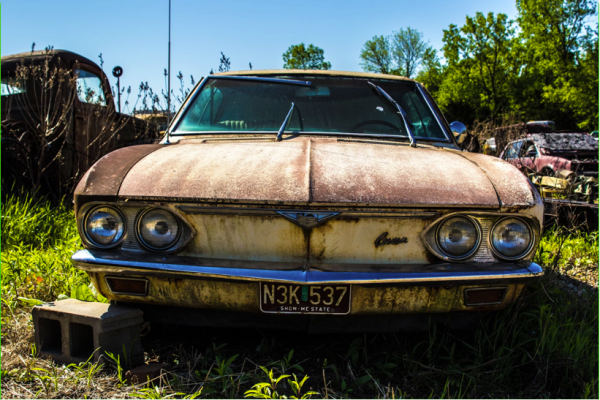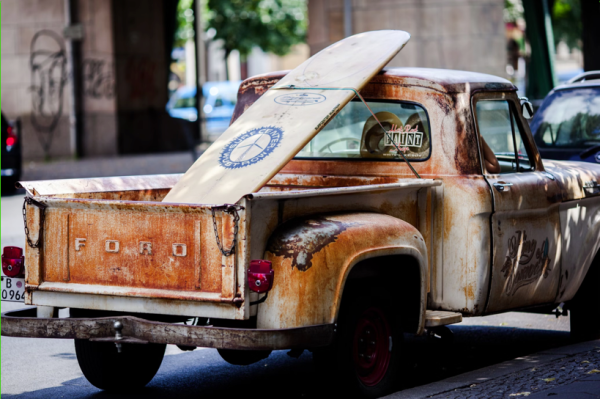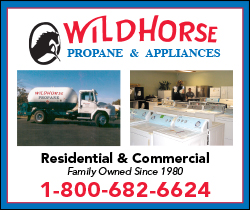How to Recycle a Car in Virginia Properly to Prevent Problems Down the Road
Junking a car in Virginia, while straightforward, involves a series of steps that vehicle owners must follow to ensure compliance with state regulations and avoid future liabilities. This article covers everything you need to know about properly recycling a car in the state, from preparing your vehicle to handling the necessary paperwork.
Understand the Importance of the Vehicle Title
If you are wondering how to junk a car in Virginia so that you can get good money and not have any problems in the future, the first thing you should do is take care of your vehicle title. Virginia requires you to have the ownership documents of the car to proceed with recycling it. If your title is lost or damaged, you will need to apply for a duplicate title through the Virginia Department of Motor Vehicles (DMV). This is essential because, without the title, you cannot legally transfer ownership or dispose of the car as scrap.
Notify the Virginia DMV
Once you have your title sorted, the next important step is to notify the DMV of your intention to scrap the car. This notification is crucial as it updates the DMV’s records, ensuring that you are no longer listed as the legal owner of the vehicle. Failing to notify the DMV can lead to future legal and financial issues, such as being held liable for a car you no longer own. This step also involves surrendering your license plates to the DMV, which is required to cancel the car’s registration and prevent future liabilities.
Choose the Right Junkyard
If you decide to sell your vehicle to a junkyard, it’s important to pick a reputable facility. Junkyards have different requirements and procedures, so it’s advisable to contact multiple junk car services to understand their specific requirements. Some might pay more if you dismantle the vehicle yourself, while others prefer to handle it on their end. Ensure that you remove all personal belongings and any non-metal components that the company might not accept.
Complete the Necessary Paperwork
When junking your car, certain paperwork must be filled out. Keep in mind the following documents:
| Document/Requirement | Description | Details to Provide |
| Salvage Certificate Application (Form VSA 56) | This form is used to officially declare your vehicle as salvage. It must be submitted to the DMV. | – |
| Vehicle Description | Provide a detailed description of the vehicle on the form. | – Condition: Current state of the car (operational, damaged, inoperative);
– Make: Manufacturer of the vehicle (e.g., Ford, Toyota);
– Model: Specific model of the vehicle (e.g., Mustang, Camry);
– Year: Year of manufacture;
– VIN: Vehicle Identification Number, a unique identifier for the car. |
| Legal Proof of Status Change | Completing and submitting Form VSA 56 changes the vehicle’s status from active to salvage in DMV records. | This serves as legal documentation of the vehicle’s status change and is crucial for record-keeping and legal compliance. |
Handle License Plates and Additional Documents
After completing the forms, you must return the vehicle’s license plates to the DMV. This step is often overlooked but is essential to avoid penalties or misuse associated with the plates being used on another car. Additionally, if you are selling your auto to a junkyard, ensure you receive a bill of sale or any document that serves as proof of the transaction. This document should outline the details of the sale, including the date, price, and parties involved.
Receive a Junk Slip or Certificate of Destruction
Once all paperwork is submitted and processed, the DMV will issue a junk slip or a certificate of destruction. This document is vital as it confirms the car’s status as scrapped and legally decommissions it from use. Keeping this document is important for your records as it will serve as proof that the vehicle has been legally disposed of and is no longer your responsibility.
Tips for a Smooth Process When Scrapping a Car in Virginia
- Document All Communications: Keep records of all communications with the junkyard and the DMV. This includes emails, receipts, and any verbal agreements.
- Keep Detailed Records: Maintain detailed records of all paperwork submitted or received. This includes forms, applications, and official notices from the DMV.
- Photograph Everything: Take clear photos of the car from multiple angles, including any damage. Also, photograph all forms and documents filled out or received during the process.
- Verify Junkyard Credentials: Ensure that the junkyard is licensed and compliant with Virginia state regulations. This can protect you from potential legal issues.
- Seek Guidance When Needed: Don’t hesitate to contact the Virginia DMV for any clarifications or help throughout the process. They can provide authoritative advice and ensure you are following all legal requirements.
Final Thoughts
Junking a car in Virginia requires attention to detail and adherence to state laws. By following these steps, you can ensure that the process is completed smoothly and legally, protecting you from any potential future issues. Remember, each step from handling the title to receiving the junk slip plays a crucial role in the process, and proper compliance with these steps will ensure that you are no longer liable for the junked car.
Photo sources:
https://unsplash.com/photos/classic-vehicle-near-green-trees-at-daytime-yttMVKZqllo
https://unsplash.com/photos/vintage-brown-and-white-ford-single-cab-pickup-truck-parked-on-pavements-YKQawNUINXA






















